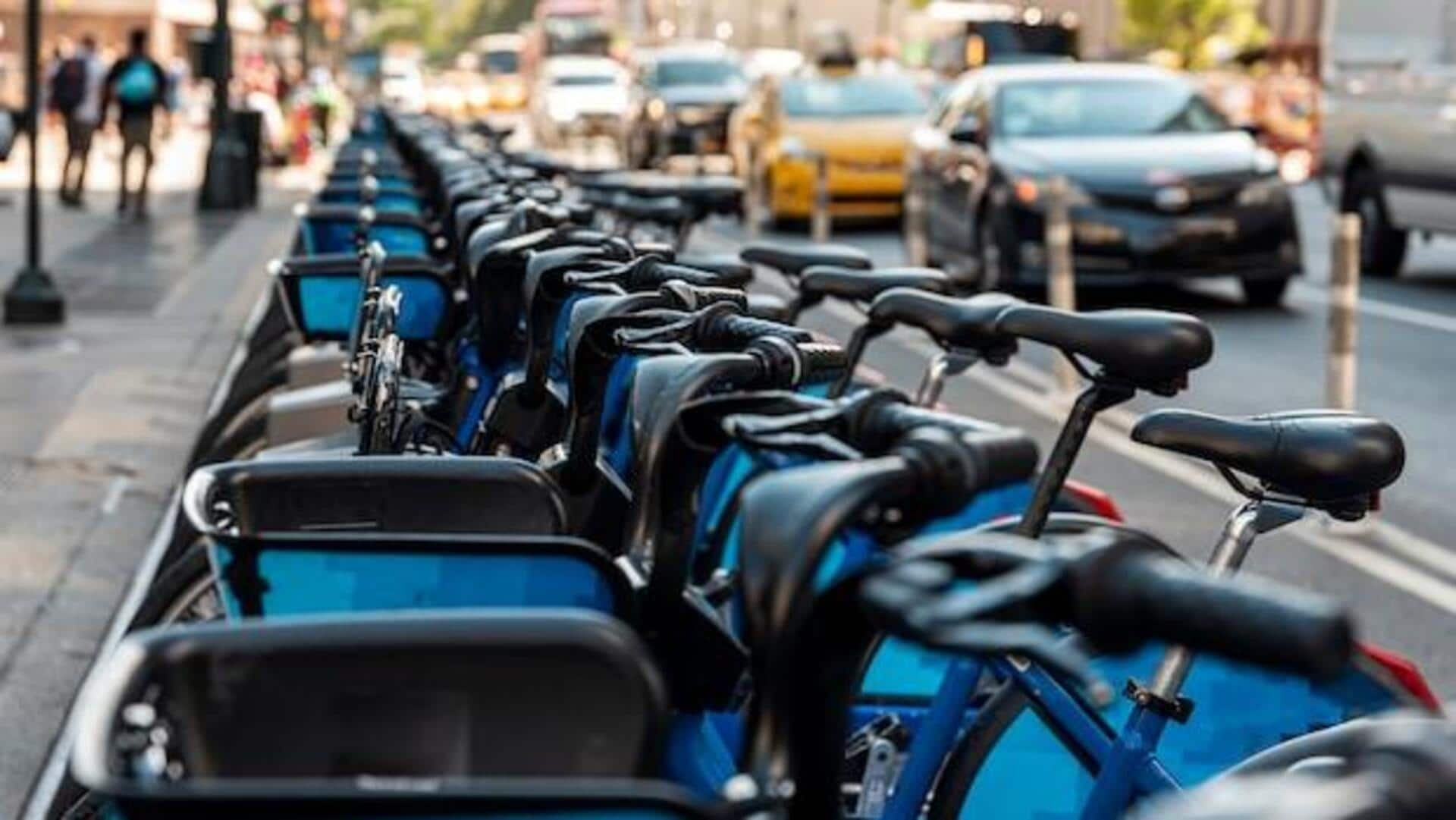
Shared mobility to constitute 7% of urban travel by 2030
What's the story
A report by US-based consulting firm Oliver Wyman forecasts a shift in urban transportation, expecting the use of shared mobility like ride-hailing and electric scooters to climb from 3% to 7% by 2030.
This projection revealed at Lisbon's Web Summit, suggests the shared mobility market could hit $400 billion (roughly Rs. 3,330 crore) by 2030.
Andreas Nienhaus, leader of Oliver Wyman's mobility forum, mentioned that the mobility sector has undergone transformations in recent years, providing people with diverse transportation options.
Details
Shared mobility - A more sustainable model
Oliver Wyman's report emphasizes shared mobility as a "more sustainable model" for tackling transportation issues like cost and emissions.
"The shared mobility sector has grown to be used by millions of people over the past decade," said Bolt CEO Markus Villig.
"We've seen shared mobility integrate into wider city transport systems," he added.
Nevertheless, the sector has faced backlash for contributing to traffic congestion and emissions, safety concerns surrounding electric scooters, and subpar working conditions for drivers.
What Next?
1.6 crore individuals will earn income from shared mobility services
In 2023, the report estimates that over 90 lakh individuals are earning an income from shared mobility services, with this figure estimated to increase to 1.6 crore by 2030.
Although shared mobility has the potential to significantly decrease urban emissions, its overall impact is currently mixed due to factors such as consumer behavior and integration with other transportation modes.
The report also observed that 10% of electric scooter rides directly replace car trips based on usage patterns.